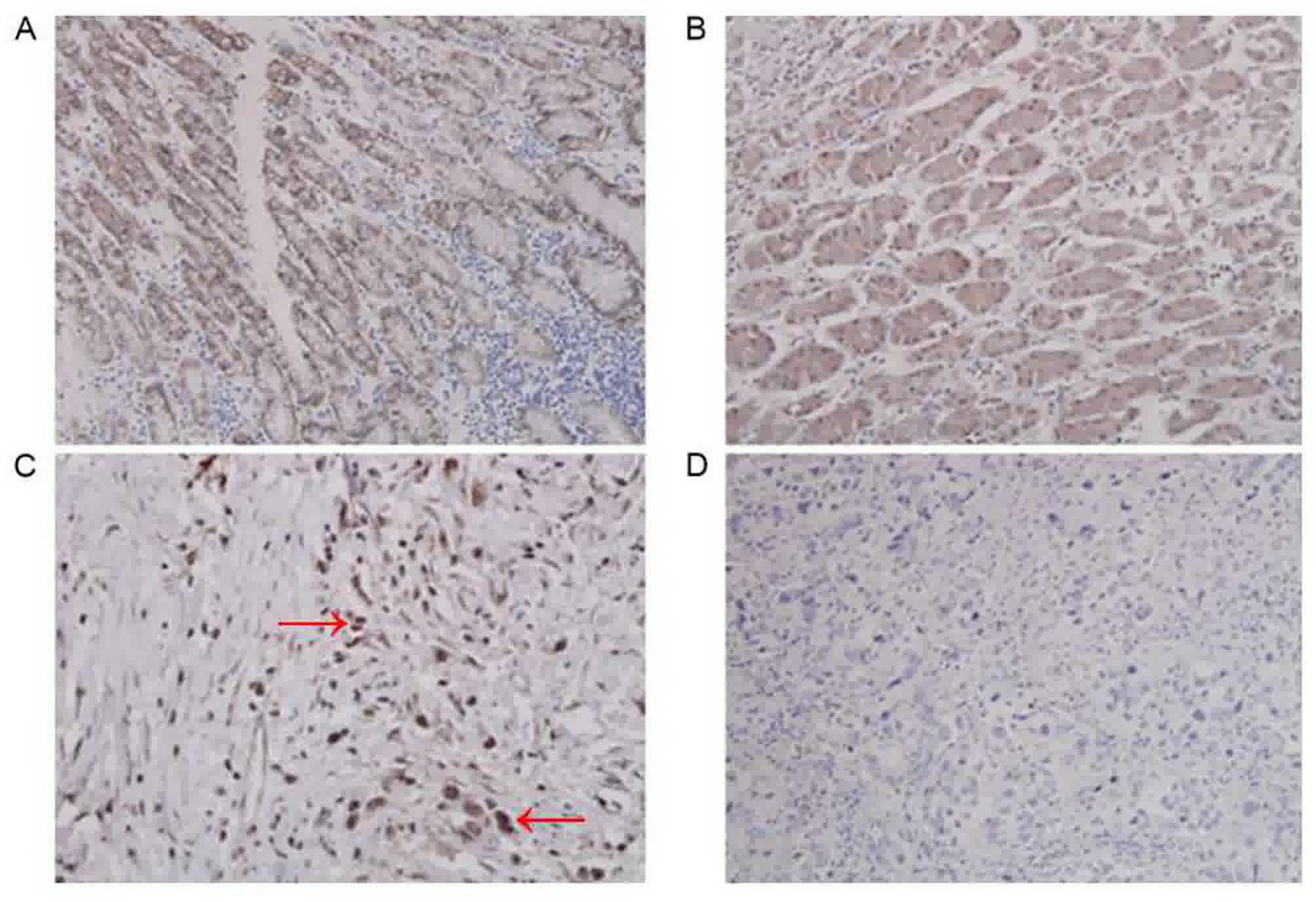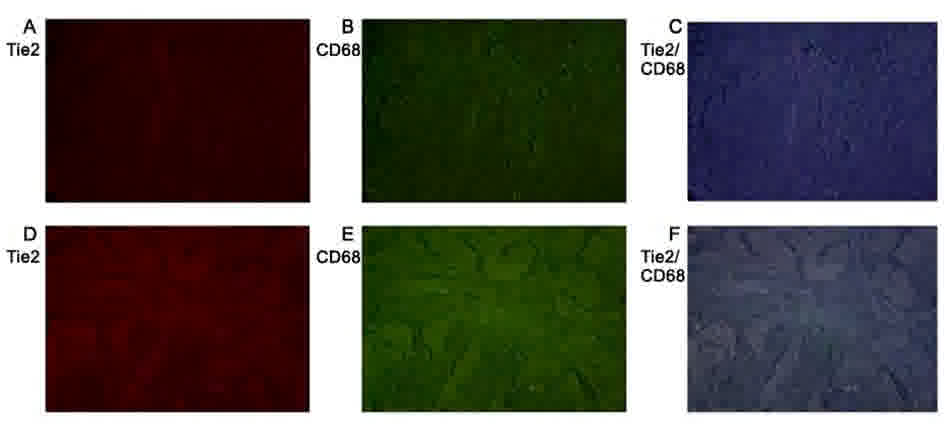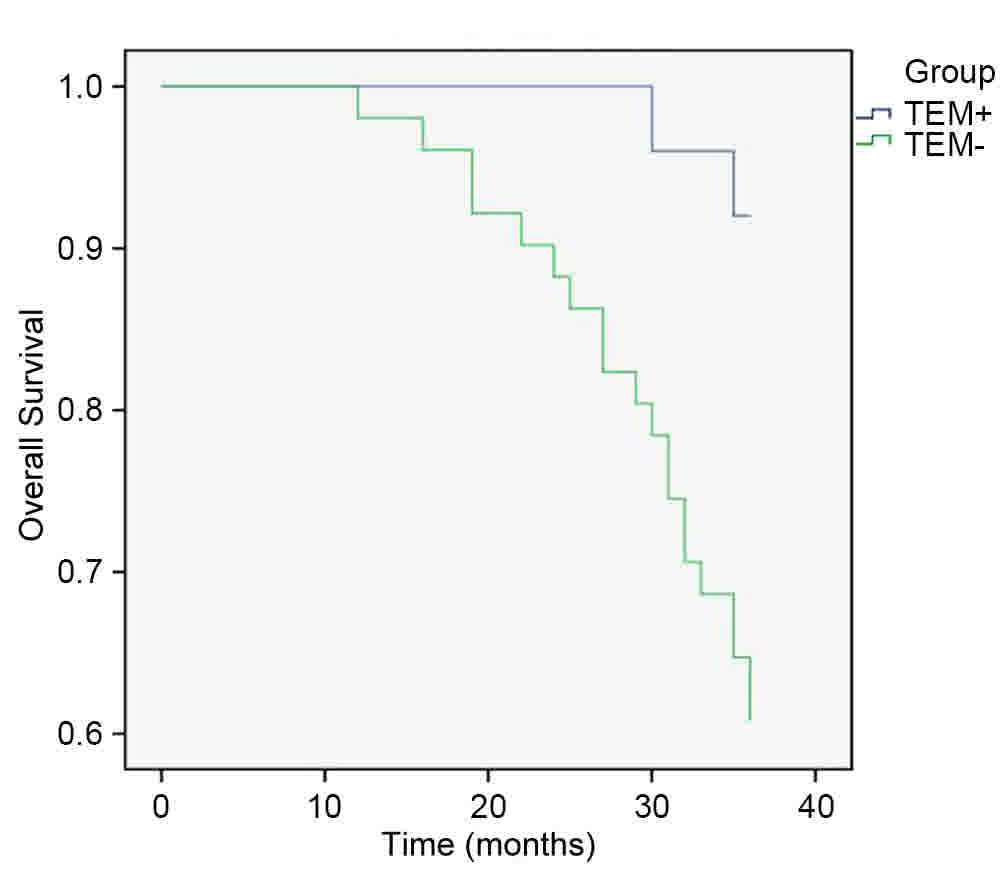|
1
|
Kohler BA, Ward E, McCarthy BJ, Schymura
MJ, Ries LA, Eheman C, Jemal A, Anderson RN, Ajani UA and Edwards
BK: Annual report to the nation on the status of cancer, 1975–2007,
featuring tumors of the brain and other nervous system. J Natl
Cancer Inst. 103:714–736. 2011. View Article : Google Scholar : PubMed/NCBI
|
|
2
|
Bertuccio P, Chatenoud L, Levi F, Praud D,
Ferlay J, Negri E, Malvezzi M and La Vecchia C: Recent patterns in
gastric cancer: A global overview. Int J Cancer. 125:666–673. 2009.
View Article : Google Scholar : PubMed/NCBI
|
|
3
|
Zhu H, Yang X, Zhang C, Zhu C, Tao G, Zhao
L, Tang S, Shu Z, Cai J, Dai S, et al: Red and processed meat
intake is associated with higher gastric cancer risk: A
meta-analysis of epidemiological observational studies. PLoS One.
8:e709552013. View Article : Google Scholar : PubMed/NCBI
|
|
4
|
Doll R, Peto R, Boreham J and Sutherland
I: Mortality from cancer in relation to smoking: 50 years
observations on British doctors. Br J Cancer. 92:426–429. 2005.
View Article : Google Scholar : PubMed/NCBI
|
|
5
|
Marrelli D, Morgagni P, de Manzoni G,
Coniglio A, Marchet A, Saragoni L, Tiberio G and Roviello F:
Italian Research Group for Gastric C (IRGGC): Prognostic value of
the 7th AJCC/UICC TNM classification of noncardia gastric cancer:
Analysis of a large series from specialized Western centers. Ann
Surg. 255:486–491. 2012. View Article : Google Scholar : PubMed/NCBI
|
|
6
|
Wagner AD, Unverzagt S, Grothe W, Kleber
G, Grothey A, Haerting J and Fleig WE: Chemotherapy for advanced
gastric cancer. Cochrane Database Syst Rev: CD004064. 2010.
View Article : Google Scholar
|
|
7
|
Gertler R, Rosenberg R, Feith M, Schuster
T and Friess H: Pouch vs. no pouch following total gastrectomy:
Meta-analysis and systematic review. Am J Gastroenterol.
104:2838–2851. 2009. View Article : Google Scholar : PubMed/NCBI
|
|
8
|
Pollard JW: Tumour-educated macrophages
promote tumour progression and metastasis. Nat Rev Cancer. 4:71–78.
2004. View
Article : Google Scholar : PubMed/NCBI
|
|
9
|
Balkwill F, Charles KA and Mantovani A:
Smoldering and polarized inflammation in the initiation and
promotion of malignant disease. Cancer Cell. 7:211–217. 2005.
View Article : Google Scholar : PubMed/NCBI
|
|
10
|
Lewis CE and Pollard JW: Distinct role of
macrophages in different tumor microenvironments. Cancer Res.
66:605–612. 2006. View Article : Google Scholar : PubMed/NCBI
|
|
11
|
Noy R and Pollard JW: Tumor-associated
macrophages: From mechanisms to therapy. Immunity. 41:49–61. 2014.
View Article : Google Scholar : PubMed/NCBI
|
|
12
|
van Netten JP, George EJ, Ashmead BJ,
Fletcher C, Thornton IG and Coy P: Macrophage-tumour cell
associations in breast cancer. Lancet. 342:872–873. 1993.
View Article : Google Scholar : PubMed/NCBI
|
|
13
|
Takanami I, Takeuchi K and Kodaira S:
Tumor-associated macrophage infiltration in pulmonary
adenocarcinoma: Association with angiogenesis and poor prognosis.
Oncology. 57:138–142. 1999. View Article : Google Scholar : PubMed/NCBI
|
|
14
|
Tsutsui S, Yasuda K, Suzuki K, Tahara K,
Higashi H and Era S: Macrophage infiltration and its prognostic
implications in breast cancer: The relationship with VEGF
expression and microvessel density. Oncol Rep. 14:425–431.
2005.PubMed/NCBI
|
|
15
|
Arai F, Hirao A, Ohmura M, Sato H,
Matsuoka S, Takubo K, Ito K, Koh GY and Suda T: Tie2/angiopoietin-1
signaling regulates hematopoietic stem cell quiescence in the bone
marrow niche. Cell. 118:149–161. 2004. View Article : Google Scholar : PubMed/NCBI
|
|
16
|
De Palma M, Venneri MA, Galli R, Sergi
Sergi L, Politi LS, Sampaolesi M and Naldini L: Tie2 identifies a
hematopoietic lineage of proangiogenic monocytes required for tumor
vessel formation and a mesenchymal population of pericyte
progenitors. Cancer Cell. 8:211–226. 2005. View Article : Google Scholar : PubMed/NCBI
|
|
17
|
Venneri MA, De Palma M, Ponzoni M, Pucci
F, Scielzo C, Zonari E, Mazzieri R, Doglioni C and Naldini L:
Identification of proangiogenic TIE2-expressing monocytes (TEMs) in
human peripheral blood and cancer. Blood. 109:5276–5285. 2007.
View Article : Google Scholar : PubMed/NCBI
|
|
18
|
Bingle L, Brown NJ and Lewis CE: The role
of tumour-associated macrophages in tumour progression:
Implications for new anticancer therapies. J Pathol. 196:254–265.
2002. View Article : Google Scholar : PubMed/NCBI
|
|
19
|
Medrek C, Ponten F, Jirstrom K and
Leandersson K: The presence of tumor associated macrophages in
tumor stroma as a prognostic marker for breast cancer patients. BMC
Cancer. 12:3062012. View Article : Google Scholar : PubMed/NCBI
|
|
20
|
Kübler K, Ayub TH, Weber SK, Zivanovic O,
Abramian A, Keyver-Paik MD, Mallmann MR, Kaiser C, Serçe NB, Kuhn W
and Rudlowski C: Prognostic significance of tumor-associated
macrophages in endometrial adenocarcinoma. Gynecol Oncol.
135:176–183. 2014. View Article : Google Scholar : PubMed/NCBI
|
|
21
|
Greene FL, Page DL, Fleming ID, et al:
AJCC cancer staging handbook. New York: Springer; 2001
|
|
22
|
Ajani JA, Beaii-saab T, Yang G, et al:
NCCN clinical practice guidelines in oncology[M]: gastric cancer.
2009.
|
|
23
|
Kaluz S, Kaluzova M and Stanbridge EJ: The
role of extracellular signal-regulated protein kinase in
transcriptional regulation of the hypoxia marker carbonic anhydrase
IX. J Cell Biochem. 97:207–216. 2006. View Article : Google Scholar : PubMed/NCBI
|
|
24
|
Trastour C, Benizri E, Ettore F, Ramaioli
A, Chamorey E, Pouysségur J and Berra E: HIF-1alpha and CA IX
staining in invasive breast carcinomas: Prognosis and treatment
outcome. Int J Cancer. 120:1451–1458. 2007. View Article : Google Scholar : PubMed/NCBI
|
|
25
|
Hussain SA, Ganesan R, Reynolds G, Gross
L, Stevens A, Pastorek J, Murray PG, Perunovic B, Anwar MS,
Billingham L, et al: Hypoxia-regulated carbonic anhydrase IX
expression is associated with poor survival in patients with
invasive breast cancer. Br J Cancer. 96:104–109. 2007. View Article : Google Scholar : PubMed/NCBI
|
|
26
|
Brahimi-Horn MC and Pouyssegur J: The
hypoxia-inducible factor and tumor progression along the angiogenic
pathway. Int Rev Cytol. 242:157–213. 2005. View Article : Google Scholar : PubMed/NCBI
|
|
27
|
Reed VK, Krishnan S, Mansfield PF, Bhosale
PR, Kim M, Das P, Janjan NA, Delclos ME, Lowy AM, Feig BW, et al:
Incidence, natural history, and patterns of locoregional recurrence
in gastric cancer patients treated with preoperative
chemoradiotherapy. Int J Radiat Oncol Biol Phys. 71:741–747. 2008.
View Article : Google Scholar : PubMed/NCBI
|
|
28
|
Hu B and Cheng SY: Angiopoietin-2:
Development of inhibitors for cancer therapy. Curr Oncol Rep.
11:111–116. 2009. View Article : Google Scholar : PubMed/NCBI
|
|
29
|
Etoh T, Inoue H, Tanaka S, Barnard GF,
Kitano S and Mori M: Angiopoietin-2 is related to tumor
angiogenesis in gastric carcinoma: Possible in vivo regulation via
induction of proteases. Cancer Res. 61:2145–2153. 2001.PubMed/NCBI
|
|
30
|
Murdoch C, Giannoudis A and Lewis CE:
Mechanisms regulating the recruitment of macrophages into hypoxic
areas of tumors and other ischemic tissues. Blood. 104:2224–2234.
2004. View Article : Google Scholar : PubMed/NCBI
|
|
31
|
Burke B, Giannoudis A, Corke KP, Gill D,
Wells M, Ziegler-Heitbrock L and Lewis CE: Hypoxia-induced gene
expression in human macrophages: Implications for ischemic tissues
and hypoxia-regulated gene therapy. Am J Pathol. 163:1233–1243.
2003. View Article : Google Scholar : PubMed/NCBI
|
|
32
|
Bingle L, Lewis CE, Corke KP, Reed MW and
Brown NJ: Macrophages promote angiogenesis in human breast tumour
spheroids in vivo. Br J Cancer. 94:101–107. 2006. View Article : Google Scholar : PubMed/NCBI
|
|
33
|
Murdoch C, Tazzyman S, Webster S and Lewis
CE: Expression of Tie-2 by human monocytes and their responses to
angiopoietin-2. J Immunol. 178:7405–7411. 2007. View Article : Google Scholar : PubMed/NCBI
|
|
34
|
Lewis CE, De Palma M and Naldini L:
Tie2-expressing monocytes and tumor angiogenesis: Regulation by
hypoxia and angiopoietin-2. Cancer Res. 67:8429–8432. 2007.
View Article : Google Scholar : PubMed/NCBI
|
|
35
|
Manzur M, Hamzah J and Ganss R: Modulation
of the ‘blood-tumor’ barrier improves immunotherapy. Cell Cycle.
7:2452–2455. 2008. View Article : Google Scholar : PubMed/NCBI
|

















